The best diet for anyone depends on Lifestyle, Bactria, Genetics, and nutrition.
One of the most important factors to consider when choosing a diet is your blood glucose levels after a meal, also known as your meal glucose response. This is important because having insulin in your blood tells your body to change sugar to fat and store it, which can cause weight gain. Additionally, releasing too much insulin can cause a lack of glucose in the blood, which can make you feel hungry and lead to overeating and weight gain.
It’s important to note that the same meal does not have the same effect on blood sugar levels for everyone. Some people have low responses, some have medium responses, and some have high responses. This means that a diet that works for one person may not work for another.
So, how can you choose the best scientific diet for your body? Start by understanding your meal glucose response. You can do this by monitoring your blood glucose levels after a meal and noting the foods that cause spikes or dips. This information can help you make informed decisions about what to eat and when.
Ultimately, the best scientific diet for your body is based on your individual needs and preferences. By understanding your meal glucose response and considering your nutritional needs, you can create a diet supporting your health and well-being. Remember, it's not about following the latest diet trend, it's about making informed choices that work for your body.
Here is the preference for nutrition generally for people recommended in daily dishes:
Macros
- Protein: 92 to 169 gr/day
- Carbohydrate [45-65%]: 248 to 358 gr/day
- Fats [20-35%]: 49 to 86 gr/day, avocados, nuts, seeds, and olive oil
- Fibers: 25 gr/day, whole grains, fruits, vegetables, legumes, and nuts
Micronutrients:
- Vitamin A: 900 micrograms (mcg)/day
- Vitamin D: 600-800
- Vitamin E: 15 milligrams (mg)/day
- Vitamin C: 90 milligrams (mg)/day
- B Vitamins: …
Efficient Ingredients:
Leafy Greens
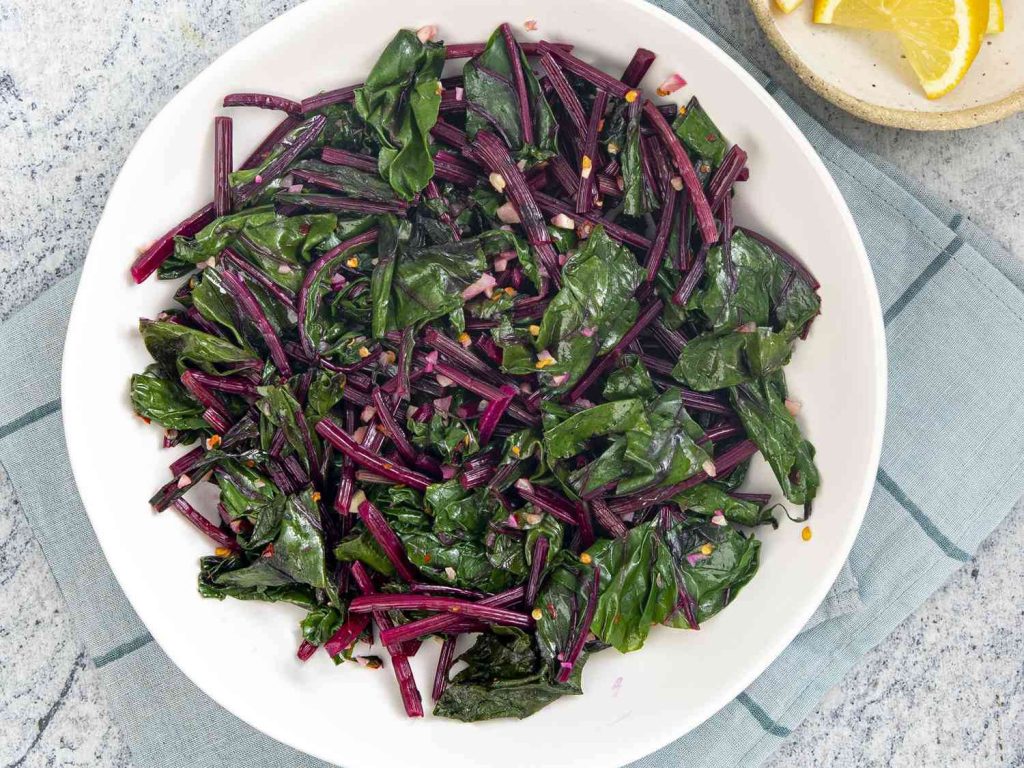


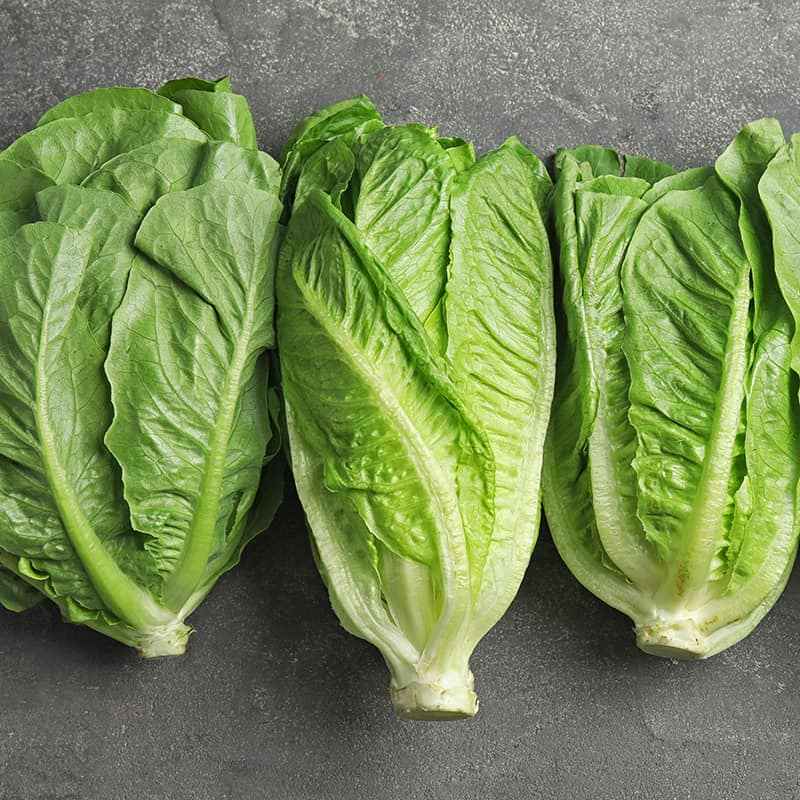
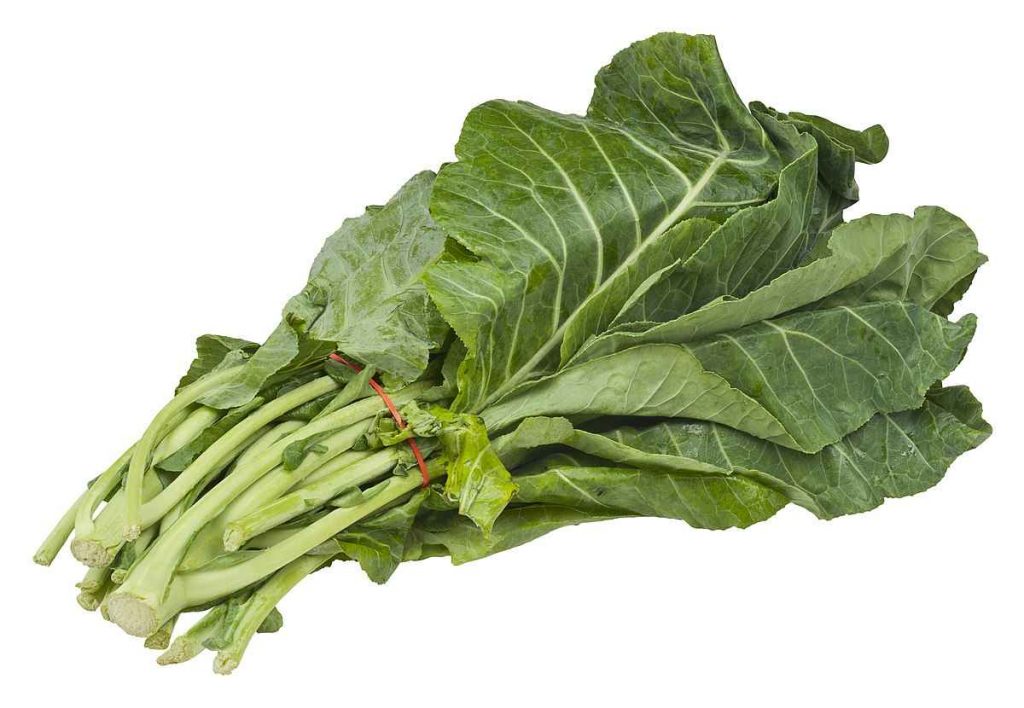

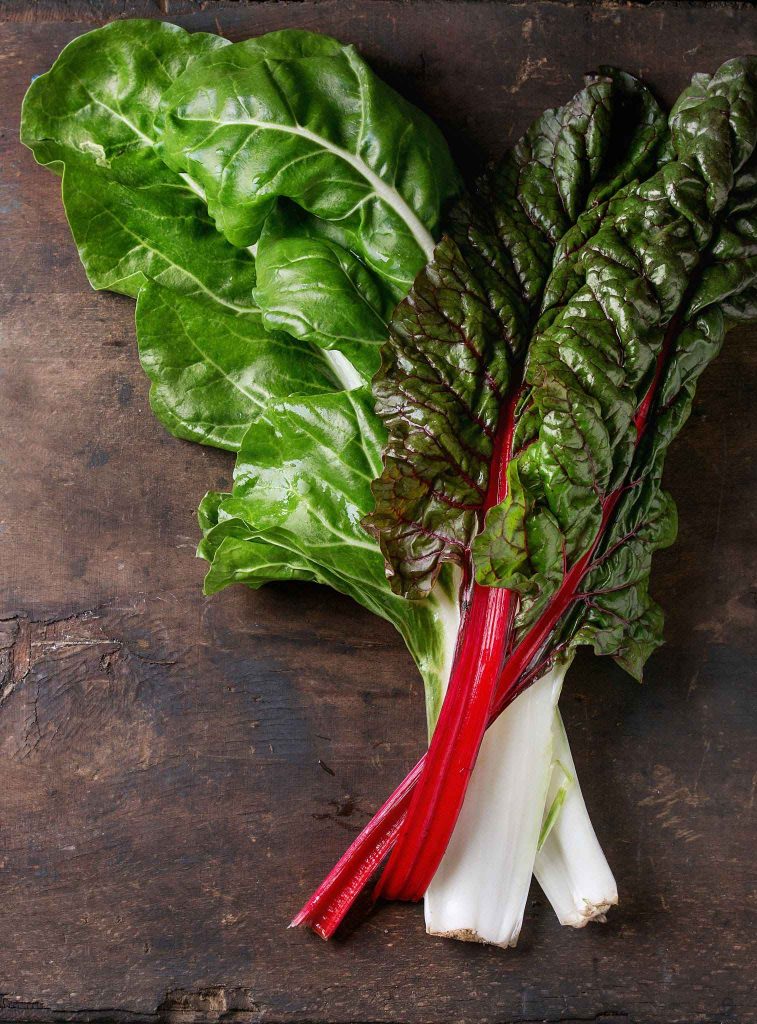

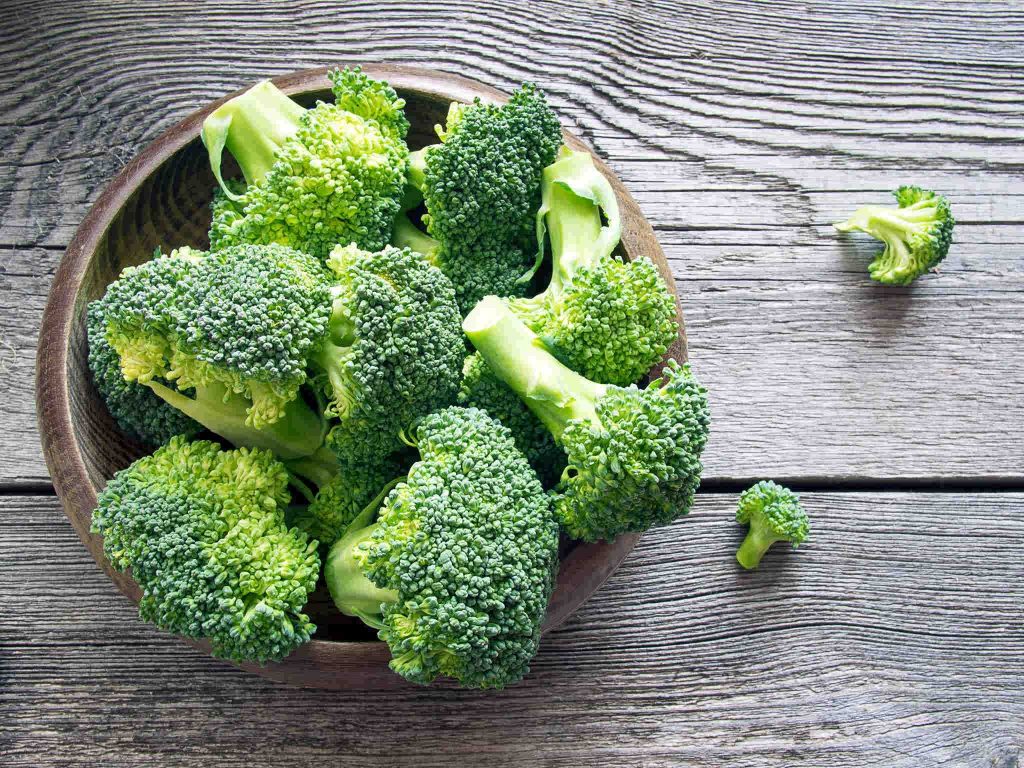
Fish
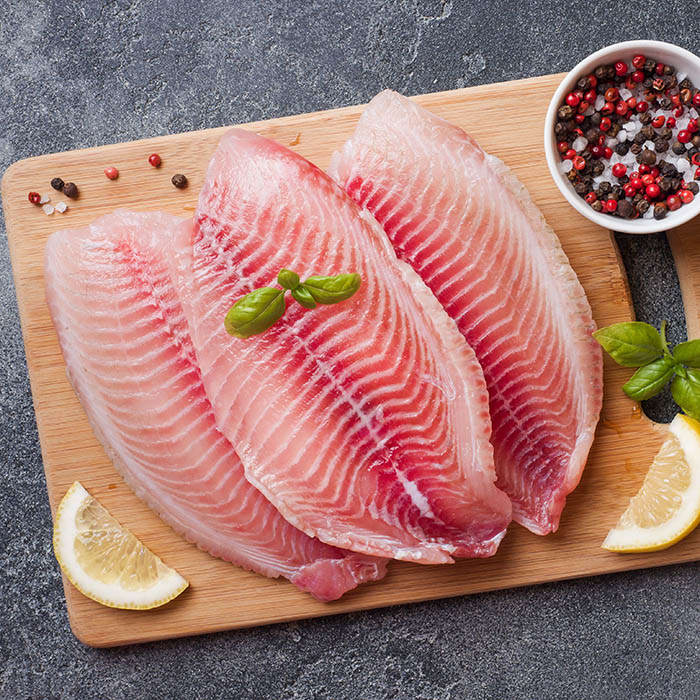
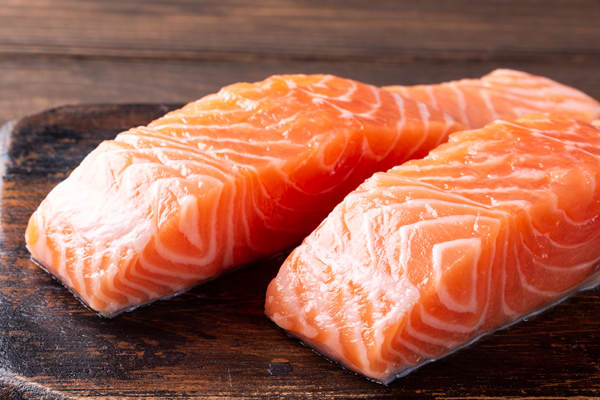

Nuts and Seeds

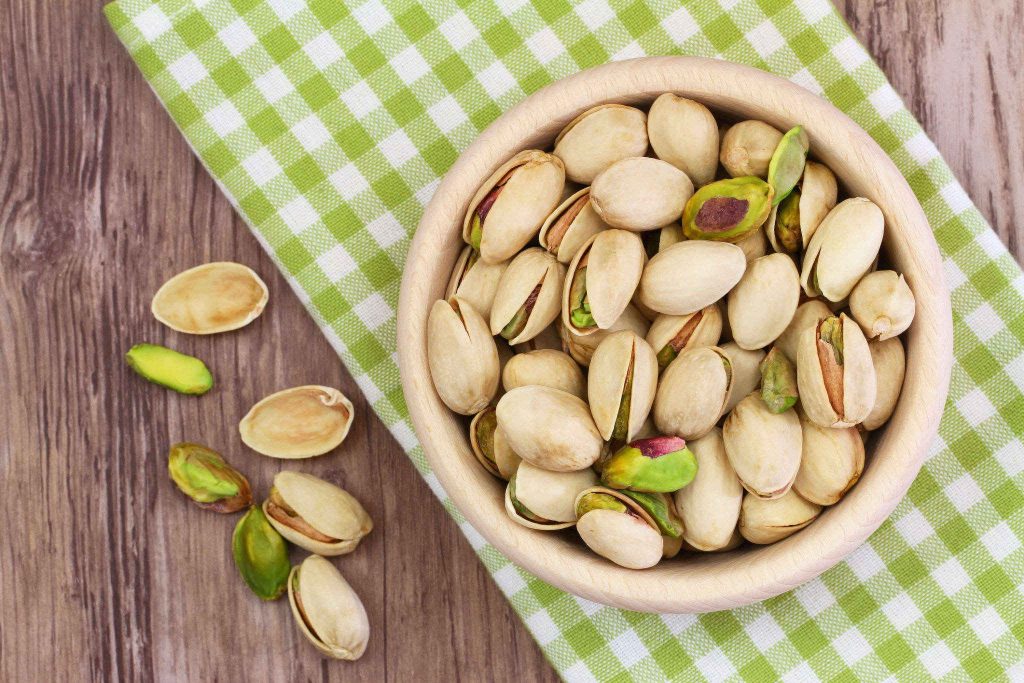
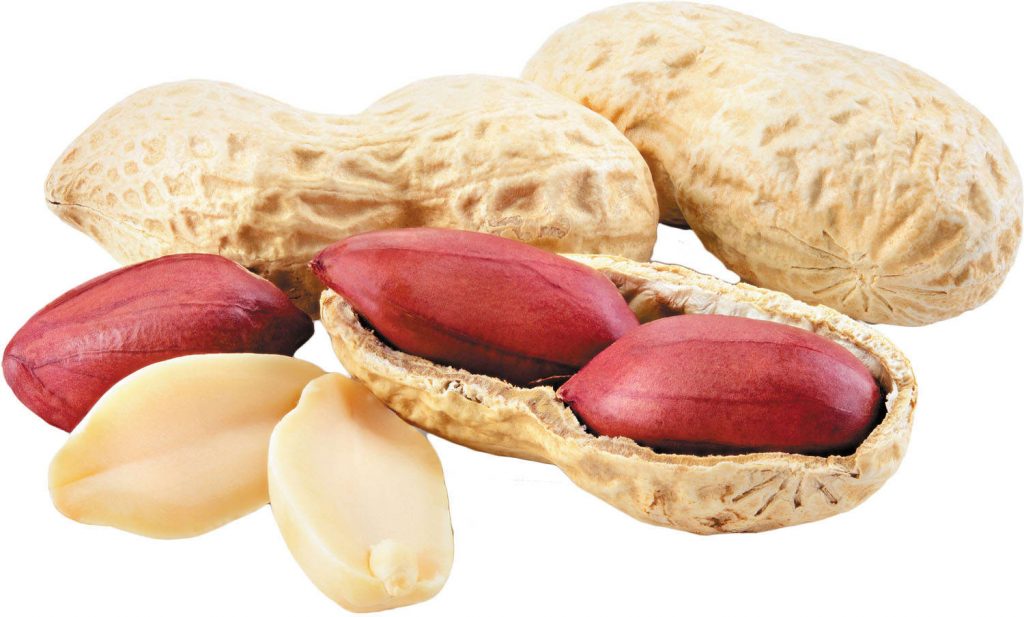
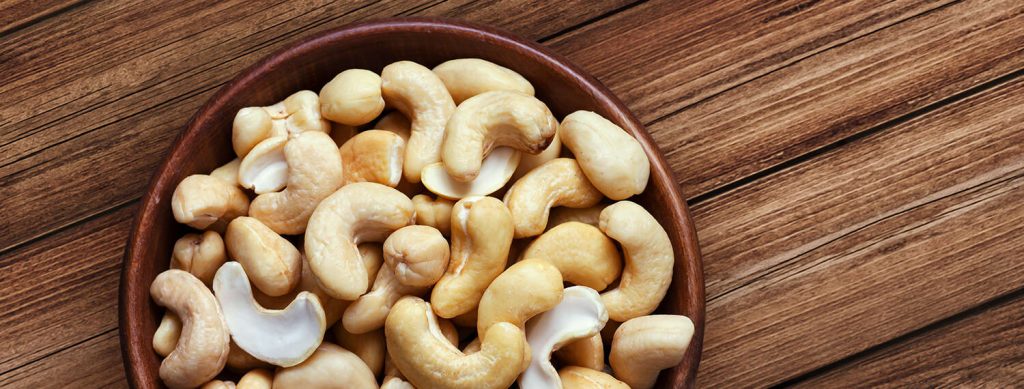
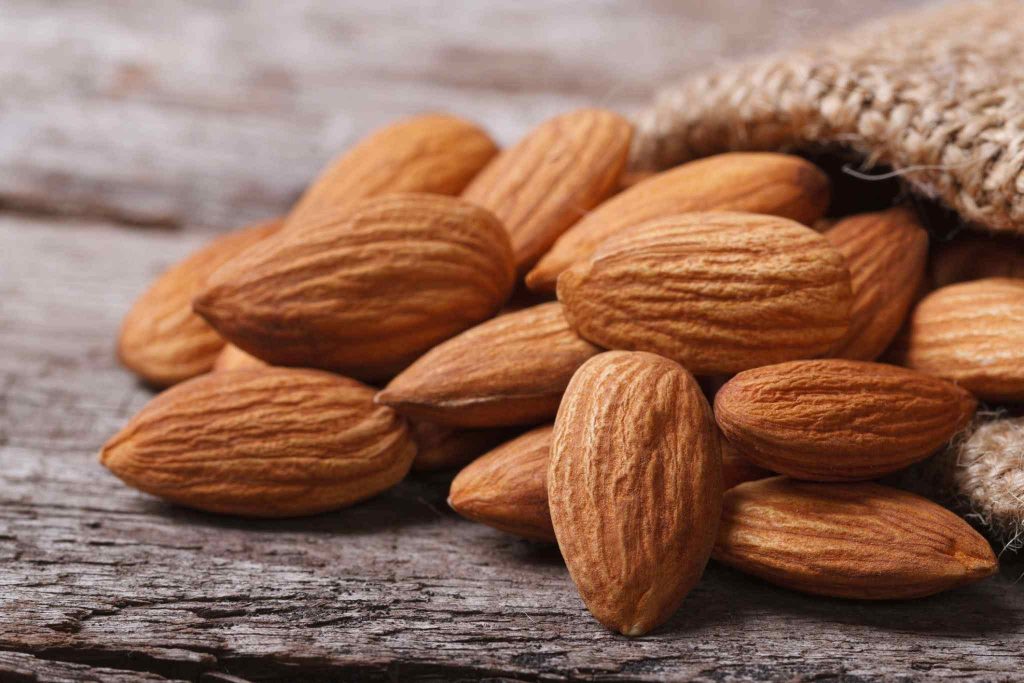
Reference
[print_link]